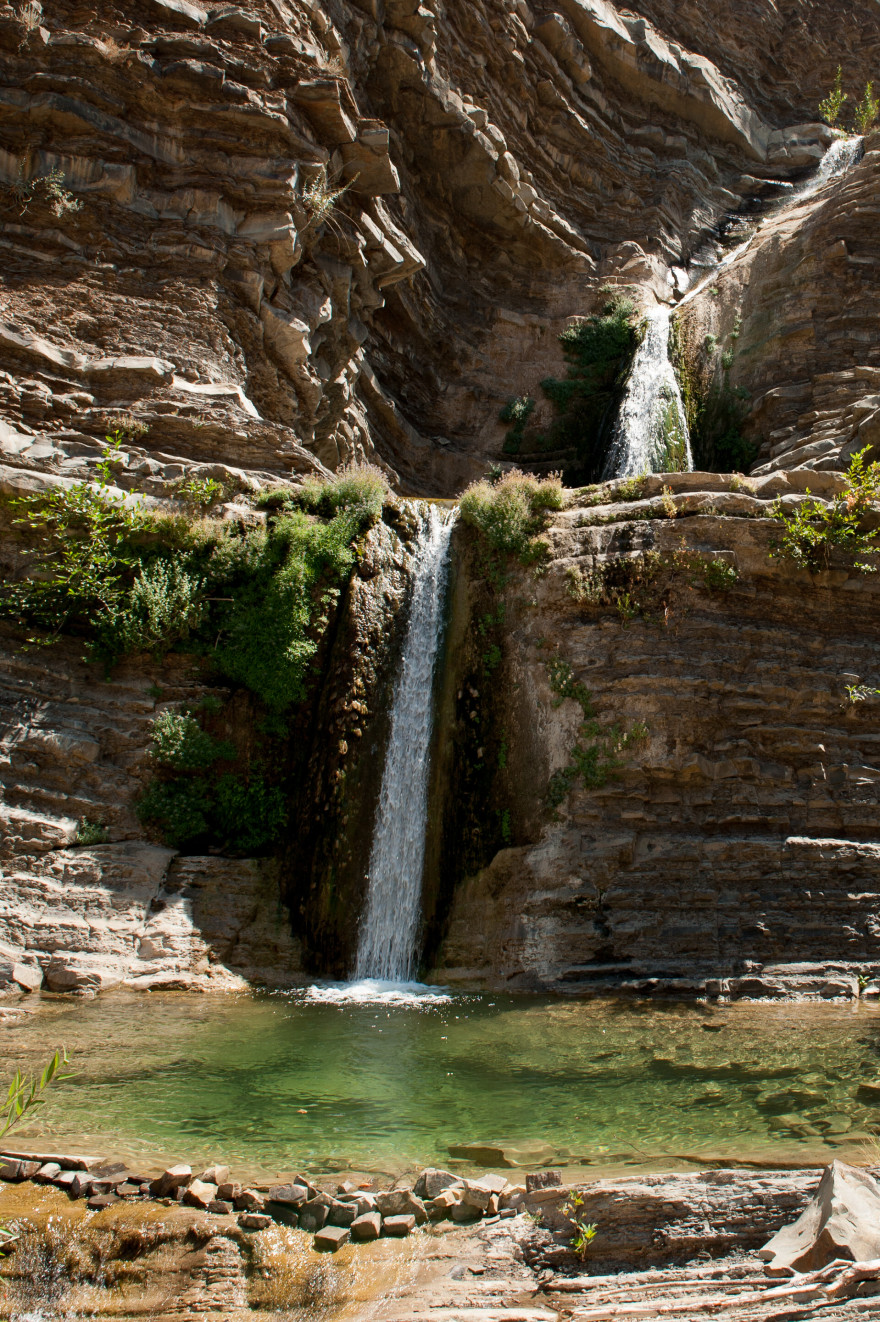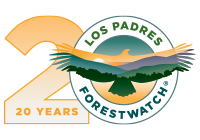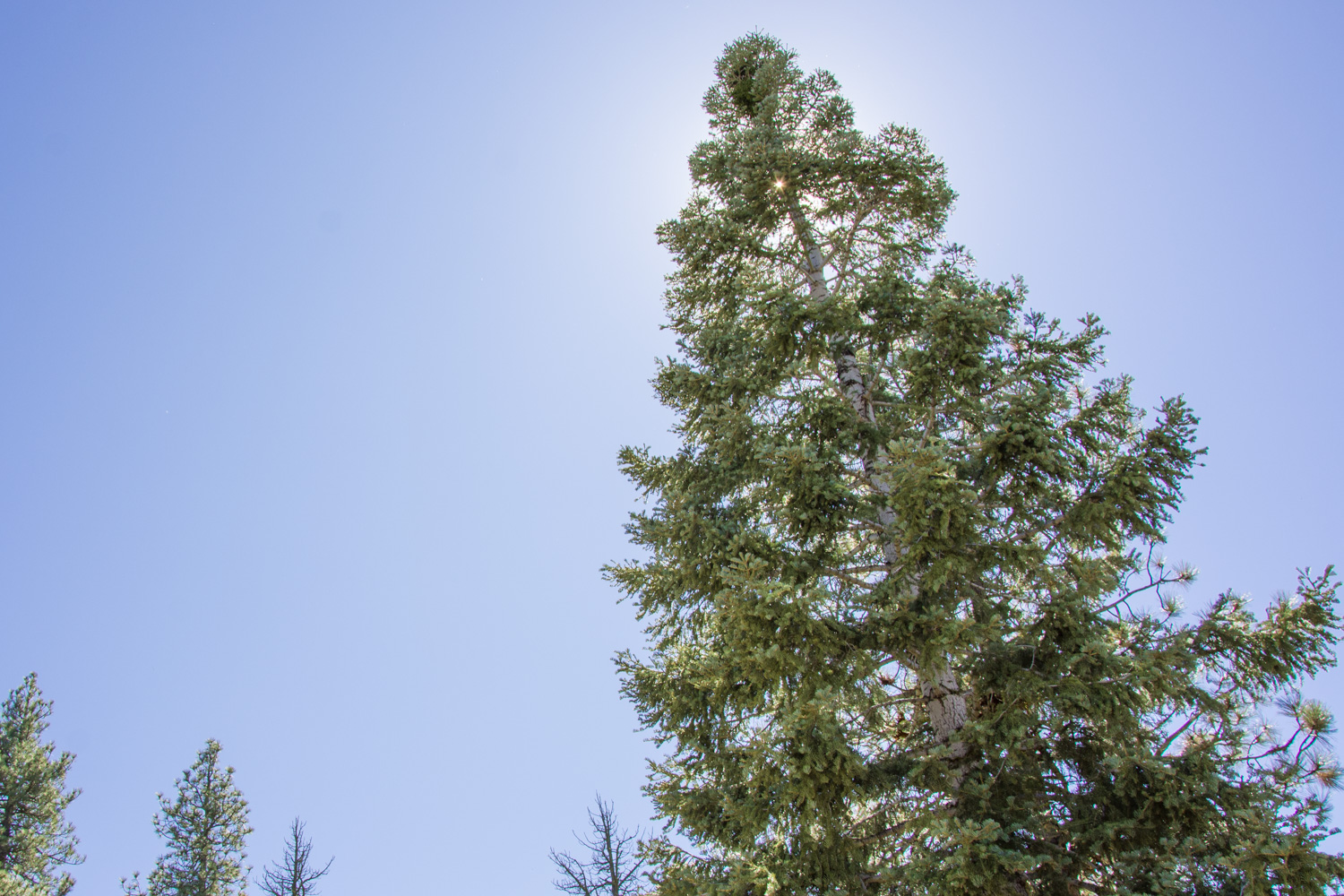Our Access to Our Public Lands
Communities throughout California’s Central Coast benefit tremendously by having large expanses of open space in our backyard. Places like the Los Padres National Forest provide clean air and drinking water to our towns and farms, enhance tourism and local businesses, and enhance our quality of life. They also offer opportunities for the public to enjoy the great outdoors, where recreation opportunities like hiking, bicycling, horseback riding, camping, fishing, wildlife viewing, and more abound. It’s easy to understand why this land has been federally protected and why people want and deserve to enjoy it.

Legal action from ForestWatch helped restore access to Matilija Falls, which had been blocked from the public by a private landowner. The trail to the falls had been accessed by the public for a century before it was closed off to visitors for several years.
Unfortunately, as neighboring land ownership changes, access to these public lands via established and historically used trails is no longer guaranteed. When some established trails intersect private property, trail users can be bombarded with “No Trespassing” signs, locked gates and/or unhappy landowners. The result is the compounding loss of public land access. Citizens may not know their options and rights, thus some continue hiking these trails forewarned while others feel at a loss. Either way, hikers and outdoor enthusiasts are often surprised when they suddenly find that a trail is no longer accessible.
All is not lost though. The public does have the ability to regain their access to public lands. Currently, government agencies are not enforcing the public’s right of access and avoid getting involved in any legal matters. Therefore, the burden falls on the public and local land conservation organizations to preserve their own access to these special places. Land conservancies are working with willing landowners to establish mutually-agreeable public access rights and restrictions. Under California law, the public has a right to continue to use historic trails if the trail was used by the public prior to 1972. This right can only be established in federal court, and only if people who used the trail prior to 1972 come forward and testify to establish proof of historic public access. As time passes, it becomes increasingly difficult to find such persons. That is why it is urgent that people take action now to secure their access for current and future generations.
Recommendations for concerned citizens include:
- Support government agencies’ change in their current policy and suggest that they actively defend the public’s right to access the forest;
- Record information of individuals who have used any of these trails prior to 1972; and
- Suggest the state of California pass a law similar to the Coastal Act (which grants public access to the coast) that guarantees the right of public access to public lands such as national forests, national parks, etc. Ultimately, public access to public lands is a part of America’s heritage and deserves to be fought for.






